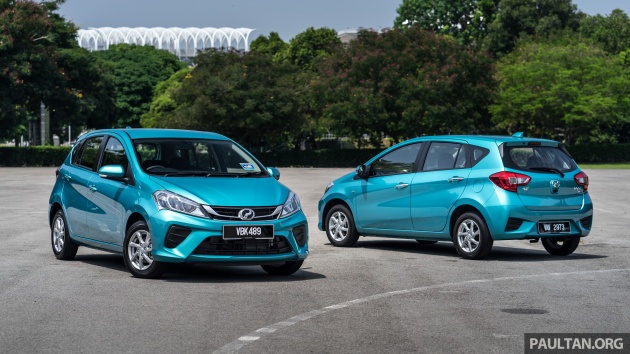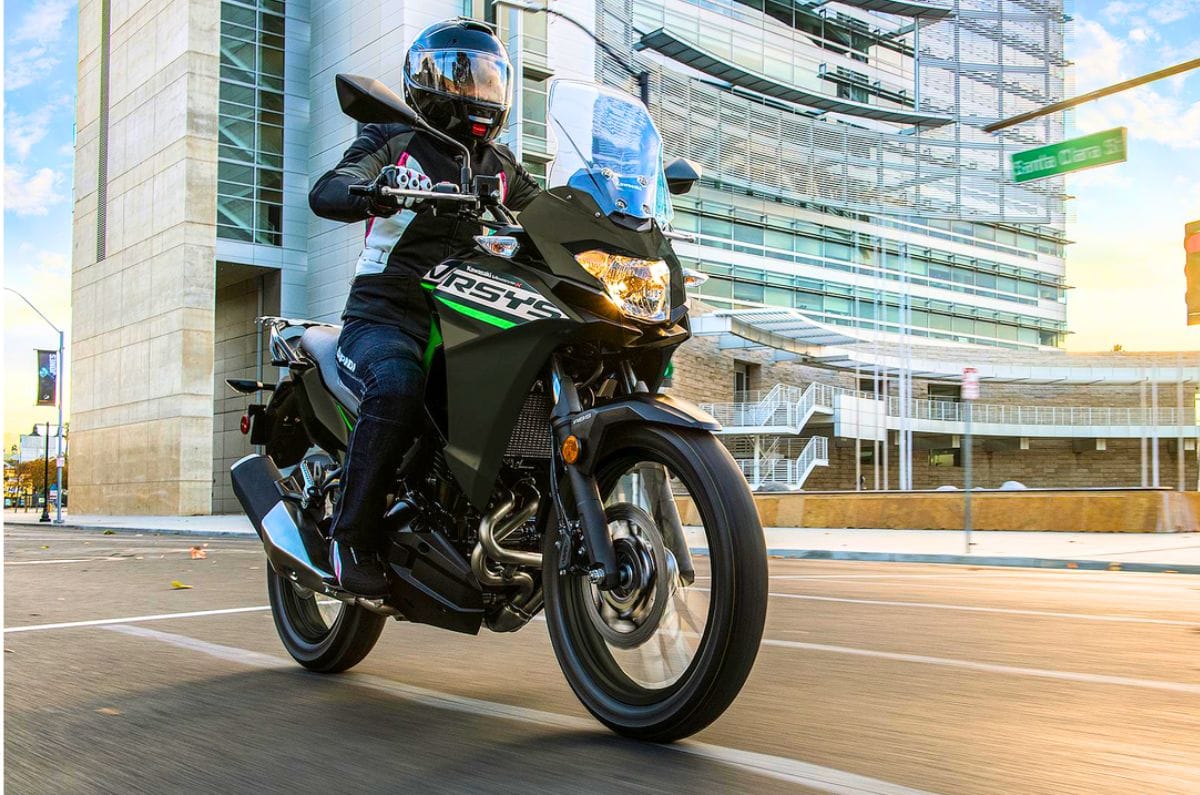Perodua explains Myvi fuel pump recall issue, direct contact approach – Oct 2019 onwards cars unaffected
Some would have heard of the faulty fuel pump issue that involves the current Perodua Myvi. Some Myvi owners would have received a letter from the carmaker acknowledging the problem, in the form of an invitation to take part in a “quality inspection exercise”. Others might be worried because they’ve received no such letter, and there have been no public statement to be found. Till now, so read on.
We’ve heard your questions, and as a third-gen Myvi owner myself, I’ve had some of mine too. But instead of speculating on the whys behind P2’s “silent approach” to this issue – in contrast to the way some companies do recalls (go public with a loudhailer, plead customers to come in) – paultan.org reached out to Perodua to understand both the issue at hand, and its communication strategy.
But first, some background. The problematic part in question here is the fuel pump. The item, made by Japanese supplier Denso, is the subject of a global recall by various carmakers. Almost everyone is interlinked in today’s world of car manufacturing, illustrated perfectly by the Takata airbag inflator debacle that claimed lives.
Honda and Toyota are part of this Denso fuel pump problem as well. The former has 1.4 million units affected worldwide, and it was reported that Toyota (which part-owns Denso) rolled out around 3.2 million vehicles with this potentially faulty fuel pump from 2013 to 2019.
Locally, UMW Toyota Motor announced a recall in March this year involving around 13,500 units ranging from the Toyota Innova to the Lexus LC 500. In June, Honda Malaysia recalled 55,354 units from 2018-2019 over the same issue.
Typically, overseas recalls describe a bit more, and according to the US National Highway Traffic Safety Administration (NHTSA), the Denso fuel pumps were “exposed to production solvent drying for longer periods of time” during manufacturing, which could cause surface cracking and excessive fuel absorption. This in turn could eventually cause the impeller to become deformed and fail. If the fuel pump gives up the ghost, a car may suffer from loss of engine power and/or a failure to start.
So, the Myvi has the same weak component, and Perodua recently started sending out letters to owners of affected units. We understand that it’s not across the board – not all third-gen Myvis are involved, and cars manufactured from October 2019 onwards are not affected. For the 2018-2019 units that are involved, the issue with the fuel pump only surfaces after a certain mileage, and below that threshold, the possibility of failure is fairly low, Perodua says.
“We therefore elected to only contact owners whose vehicles have passed that particular mileage, as the likelihood of the issue occurring is then higher,” Perodua president and CEO Datuk Zainal Abidin Ahmad told paultan.org.
Now, the Myvi is Malaysia’s best selling car, and the number of units involved would have been substantial (Perodua elected to not disclose the figure). One can imagine that by going the public announcement route, a customer run on service centres could ensue, and that’s not very desirable in the days of Covid-19, where social distancing rules mean that SCs do not accept walk-ins and limit the number of appointments per day.
“Communicating directly with our customers allows us to personalise our response, and at the same time avoid panic, which would cause unnecessary distress both to our valued customers and our service centres,” Zainal Abidin explained.
Asked to elaborate on the panic and distress a public announcement might have caused, the Perodua boss said: “The decision was made to reach out to customers on a targeted basis and in stages after taking the entire situation and our nationwide operations into consideration. We believe it to be the most thorough and efficient way to avoid service centre overcrowding, to minimise waiting time and to ensure maximum success of the special service campaign.”
The move to only issue letters to owners is also in line with the company’s own standard operating procedures, which classifies this fuel pump issue as a special service campaign rather than a safety recall – the latter would have an immediate impact on safety. “In this instance, the issue with the fuel pump only happens when the vehicle is stationary, not when it is moving. Our SOP here is to directly contact our customers,” the P2 chief clarified.
Besides issuing letters to owners, Perodua has also been informing owners of affected units when they bring in their cars for regular servicing. In these cases, the fuel pump was replaced along with the scheduled oil change job. In total, 40% of affected Myvis have had their fuel pumps replaced to date.
While Zainal Abidin did not mention this, stock availability could have been a factor as well, given that this is part of a global recall involving many millions of cars, and Perodua would not have had all the stock it needed from the start.
So, those who have received the Invitation to a Quality Inspection letter from Perodua should proceed to make an appointment with a service centre. The job is estimated to take an hour (excluding registration and any explanation) and is of course free of charge. If your Myvi was produced before October 2019, but like this writer, you have yet to receive a notice, perhaps your car has not reached the “higher risk mileage” zone yet – let’s allow those who are more in need to proceed with the fix.
Know any third-generation Perodua Myvi owners? Share this with them.
The post Perodua explains Myvi fuel pump recall issue, direct contact approach – Oct 2019 onwards cars unaffected appeared first on Paul Tan's Automotive News.
from Paul Tan's Automotive News
Read The Rest:paultan...







Post a Comment